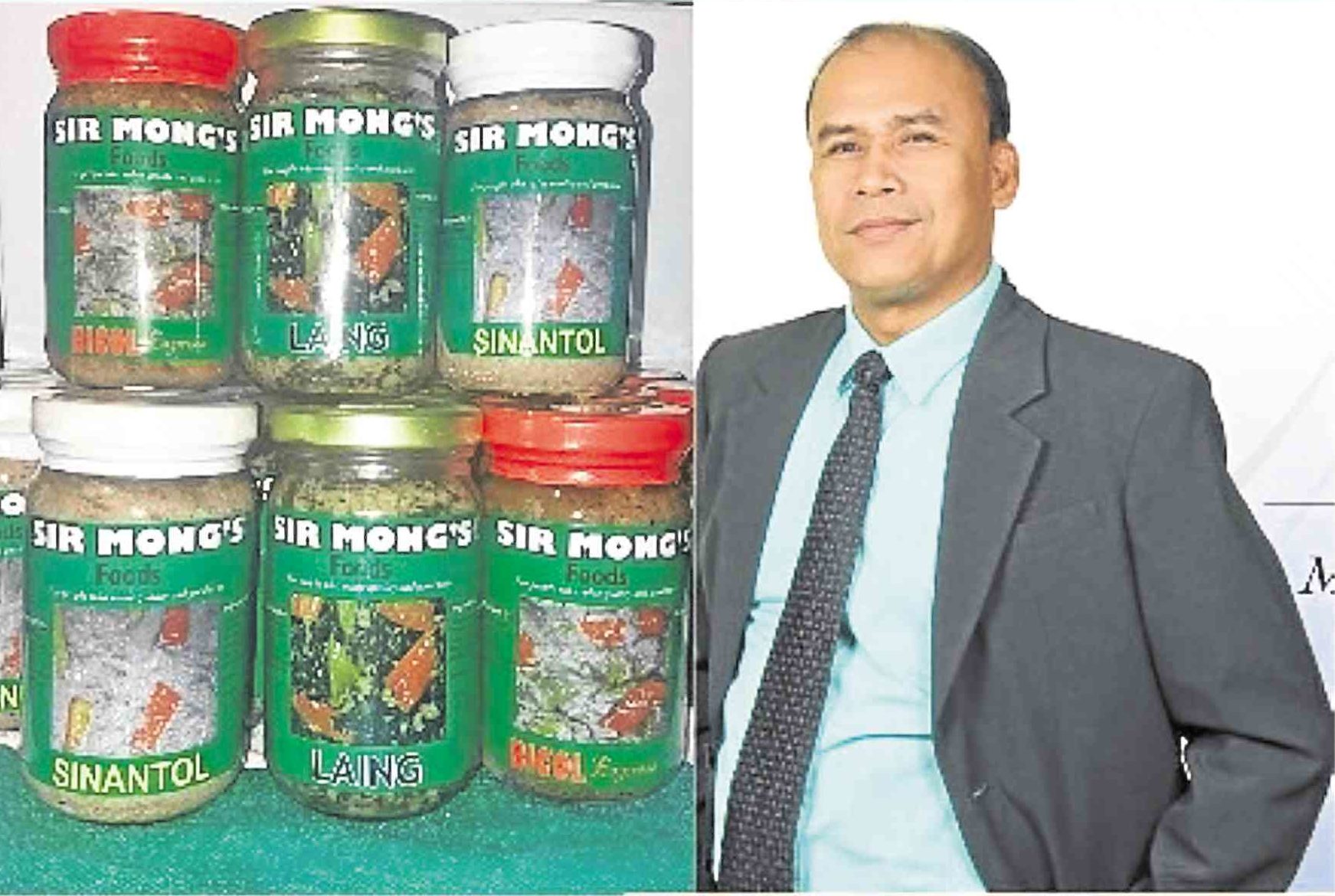In the classroom, learning is best facilitated by teachers who know what they are talking about. Most effective are those who have stepped beyond theories and other abstractions into the realm of knowing and then teaching—by doing. Only then are they able to claim they have “been there and done that.”
Having gone through learning experiences only hands-on practice can provide, they become more competent, confident and credible teachers. Students open up to them, secure that they are learning from the masters of their craft, art or trade.
This is true in all fields of learning. Music is best taught by concert pianists and coloraturas; culinary arts, by chefs; journalism, by newspaper editors; litigation law, by battle-scarred courtroom lawyers.
Unfortunately, in entrepreneurship, which is now being offered in most schools and colleges, most of those who teach are not practicing entrepreneurs.
Professor Melchor Morandarte, “Sir Mong” to his students at Malayan Colleges Laguna, is one of the few who can walk the talk.
He has been teaching entrepreneurship in various schools since 1998. At Malayan Colleges, he eventually chaired the entrepreneurship program, while handling both basic subjects (entrepreneurial mind, entrepreneurial behavior, business opportunities) and higher courses (business planning and business plan implementation). He resigned his administrative duties after eight years to become a full-time faculty and devote time to the business he had by then begun.
Nowadays, Morandarte also teaches at the Malayan College graduate school, lectures in enterprise development seminars at the UP Institute for Small-Scale Industries and facilitates Channel 7’s Radyo Serbisyo Negosyo program.
Morandarte considers himself a teacher first and an entrepreneur second. “It was actually teaching entrepreneurship that motivated me to go into entrepreneurship practice.”
In 2009, one year into teaching entrepreneurship, he put up Sir Mong’s Food Products.
Based in Morandarte’s residence in Biñan, Laguna, the business specializes in food items his native Bicol region is known for (he is from Daet, Camarines Norte). These include bottled “laing,” Bicol Express and “sinantolan.” Ginataang tilapia and sea food special (made with shrimps, crabs and squid) are available by special order.
According to Morandarte, his products have made it in the market because he has managed to preserve in them the “lutong bahay” flavor.
It also helps, he adds, that he is hands-on in most aspects of production, from buying ingredients to actual cooking. Thus, he has managed to ensure quality.
Sir Mong products are sold in several outlets in Metro Manila and Southern Luzon, including Orient Original Buko Pie in Los Baños, Laguna, Itlog ni Kuya in Tagaytay, Earth Kitchen in White Plains, Quezon City and Got Heart Store in Esteban Abada, also in Quezon City.
Morandarte, who was also recently elected vice president of the Small Enterprises Research and Development Foundation, laments that very few graduates of entrepreneurship, or an estimated 2 percent, go into business. He is trying to probe into the reasons for the dismal turnout.
Youngsters look up to their teachers as role models. An enterprising teacher will foster enterprising learners. A teacher who can only talk the talk is not likely to inspire students to take the entrepreneurial road.
Who but a teacher-entrepreneur can share insights on applying for a business name, seeking business permits, registering with the Bureau of Internal Revenue, etc? Who but such a teacher can explain how to talk with clients, negotiate with suppliers, promote and market products, hire workers and manage them, handle complaints, budget finances, go without sleep to meet delivery commitments and so many more?
In other words, experience is still the best teacher in entrepreneurship—experience best provided in the classroom by a practitioner.
Morandarte concludes by highlighting the missionary aspect in business ownership.
“Entrepreneurship is a social mission. It commits the entrepreneur to be part of the solution rather than the problem. Someone who goes into business will be a job creator, income generator and game changer. [The sooner the] younger one starts, the better for him and the country … Thus will he step into the elite circle of ‘movers and shakers’ who contribute to nation building, including countryside development.” —CONTRIBUTED
